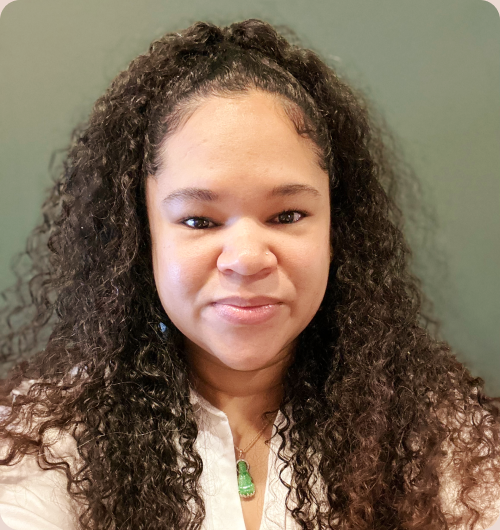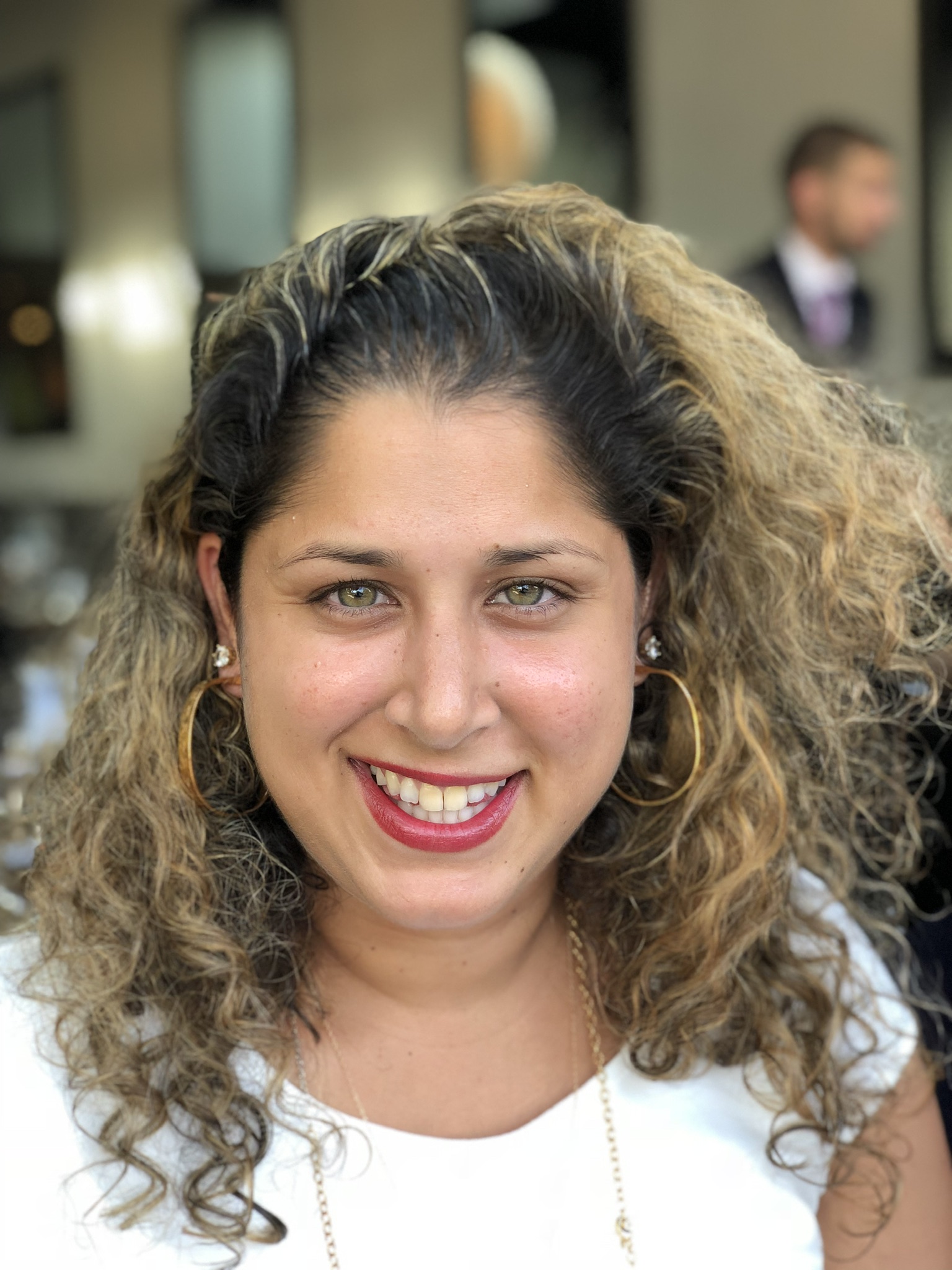


What Makes a Patient a Good Candidate for IVF
There are several factors that contribute to being a good candidate for IVF


There are patients whom we barely get to meet. They breeze through their treatment, conceive, and are referred back to their OB/GYN for prenatal care. What factors do these patients have in common?
Advanced reproductive treatments, such as IVF, bypass one of the three factors causing infertility: fallopian tubes function. Male infertility is almost always corrected as well. This leaves the quality of one’s eggs as the most significant factor determining the outcome of treatment.
Unsurprisingly, egg quality is closely related to the patient’s age. Female fertility peaks in the mid-twenties and begins to decline by the age of 32 or 33. By the age of 39 to 40, it can become difficult to conceive successfully without experiencing miscarriages.
After the age of 43, it becomes very rare to conceive successfully with one’s own eggs, and most patients will need to consider Donor Egg IVF treatment.
Apart from the female partner’s age, other significant factors include her weight, the length of infertility, whether she has had previous pregnancies, and the regularity of her menstrual periods.
Surprisingly, one’s attitude toward infertility treatment also appears to affect the outcome. Over the years, we have observed that patients who approach their infertility with an open mind and do not excessively stress over the treatment’s outcome tend to have a better chance of success than couples who solely focus on getting pregnant without considering other aspects of their lives.
By the time patients reach advanced reproductive treatments, they have typically gone through months or even years of infertility, along with numerous tests and treatments. It is not easy to maintain a positive outlook throughout this process. Counseling with a Marriage and family therapist, psychologist, or psychiatrist may be beneficial. This can be a one-time session or ongoing support throughout your treatment and beyond.
As Dr. Alice Domar states:
“The majority of the research thus far does support the theory that the more distressed one is before an IVF cycle, the less likely one is to conceive.”
— Alice Domar, Ph.D., Assistant Professor of Obstetrics, Gynecology, and Reproductive Biology, Harvard Medical School
Meet Your Doctor

- Dr. Polansky received his medical diploma from Charles University in Prague, the Czech Republic, in 1978.
- After completing his OB/GYN residency at Jewish Hospital in Saint Louis, MO, he graduated from the Reproductive Endocrinology and Infertility (REI) fellowship at Stanford University in 1985.
- In the same year, he co-founded the Stanford IVF Clinic.
- Dr. Polansky obtained board certification in Obstetrics and Gynecology in 1986 and became REI subspecialty board certified in 1988.
- In 1987, he left Stanford University and established Nova IVF.
- In 2011, he founded Bay IVF, where he provides advanced fertility treatments with a holistic approach, utilizing state-of-the-art techniques.
- Dr. Polansky personally performs ultrasound examinations, egg retrievals, embryo transfers, and ovarian and endometrial stimulations for his patients.
- He is deeply committed to his patients and freely shares his cell phone number, ensuring accessibility and availability 24/7.
Frank Polansky, M.D.



Initial Appointment Questions
When you call to schedule your consultation, one of our Front Office Coordinators will ask you a short series of questions regarding your reproductive history.
Your Initial Visit at Bay IVF
Attending a new patient appointment at a fertility clinic can be stressful. Our primary objective is to ensure that your initial visit is friendly and relaxing. We encourage you to ask questions at every step of the process.

1 — When You Arrive
You will be welcomed by one of the clinic receptionists. One of our nurses will measure your height and weight and take your blood pressure

2 — Meet Your Doctor
Dr. Polansky will ask you a series of clarifying questions and then provide you with a summary of the factors contributing to your infertility

4 — Exam Room
One of the nurses will escort you to an examination room. Your examination will begin with listening to your lungs and heart

3 — Ask Your Questions
You will then have a discussion with him about the most suitable reproductive treatment(s) for you. During this time, you will have the opportunity to ask any questions you may have

5 — Ultrasound of the Ovaries
The next step is a pelvic ultrasound to examine the uterus and ovaries. This ultrasound will help determine the number of antral follicles present within the ovaries

6 — Financial Part
Following that, you will have a discussion with one of the financial advisors regarding the financial aspects of your treatment, including potential treatment financing options

8 — Support 24/7
If you have any questions after leaving the clinic, please feel free to reach out to us via phone call, text, or email. Open and discreet communication is an integral part of the care we provide at Bay IVF

7 — What About Time?
Your entire visit is expected to last approximately one hour


Schedule Your Initial Consultation With Dr. Polansky
Online (no cost) or In-Person
Call or Text Us: Call or text us at 📞 650 322 0500
You can also complete the form below to request your initial consultation.


We look forward to meeting you at Bay IVF and, when your treatment is successful, celebrating your new pregnancy!








